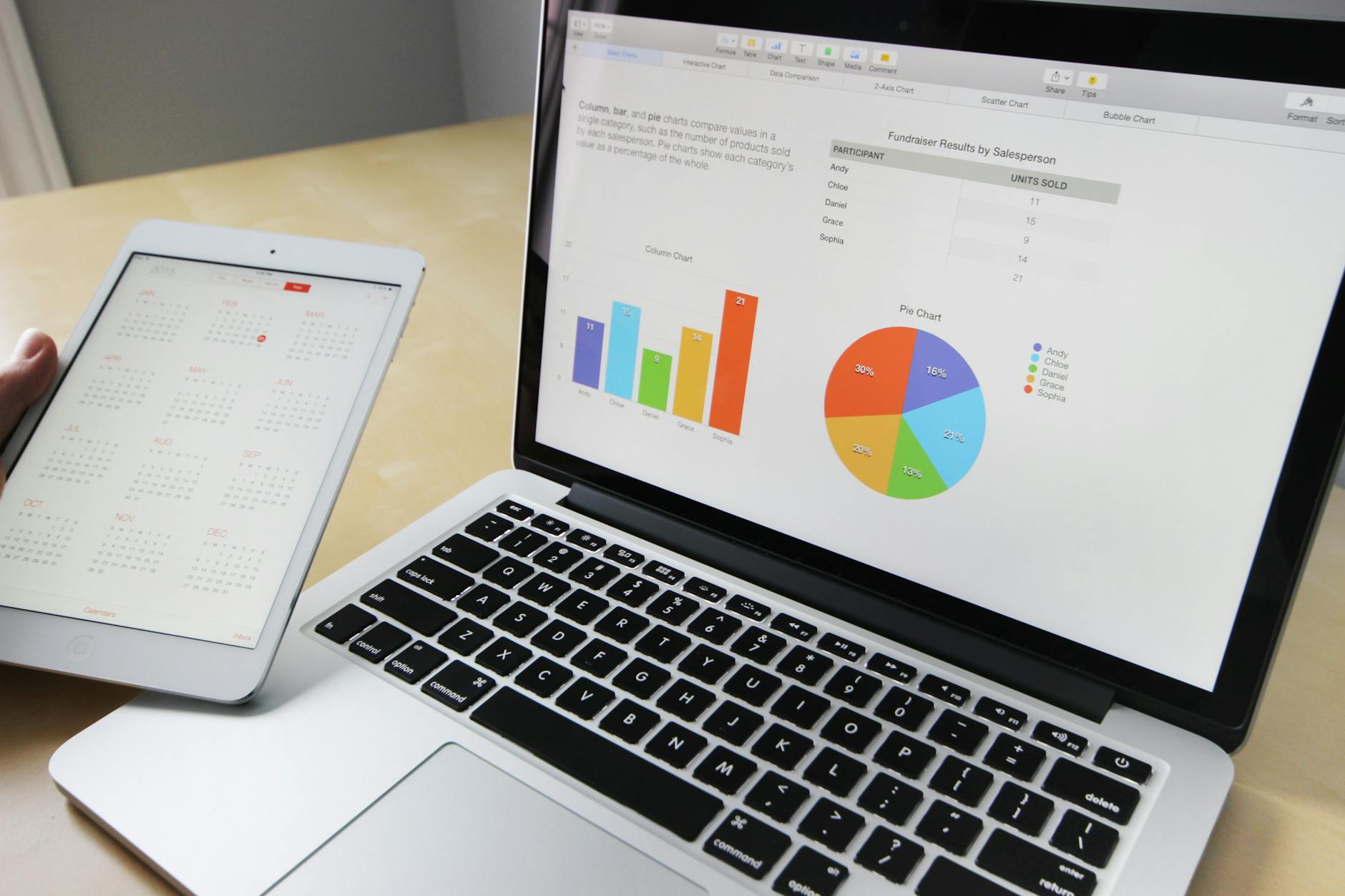Howard Marks’ memo, “The Folly of Certainty,” aptly demonstrates the difficulty of making accurate predictions. It explores how frequently we err in forecasting the future and delves into the reasons behind these mistakes. Marks warns about the folly of being overly confident in our predictions and stresses the importance of recognizing the limits and uncertainties inherent in forecasting.

The Dangers of Predictions
One of the biggest issues with predictions is the illusion that we “know” something for certain. From politics to economics, many experts are confident in the accuracy of their forecasts. For example, in the 2016 presidential election, most predictions confidently anticipated Hillary Clinton’s victory, yet Donald Trump won, defying the majority view. Similarly, there were predictions that the stock market would crash if Trump was elected, but instead, the market surged.
The Challenges of Economic Forecasting
Economic forecasting is no different. In 2021, the Federal Reserve predicted that inflation would be transitory, but this forecast was off the mark. The Fed was confident that inflation would not become entrenched, but it persisted longer than expected, eventually leading to sharp interest rate hikes. This forecasting error had significant implications for economic policy.
The Unpredictability of the Stock Market
The stock market is also notoriously difficult to predict. At the end of 2022, many anticipated a market downturn, yet the market instead rose. The stock market’s movements often display greater volatility than the underlying economic and corporate performance. This is because the market is heavily influenced by investor psychology and sentiment. Accurately predicting such volatility is nearly impossible.
Errors in Predictions and Their Lessons
Marks explains that prediction errors arise from psychological factors and randomness. People are often overly confident in their forecasts and reluctant to admit their mistakes when proven wrong. This overconfidence can lead to significant issues. Marks emphasizes the need for forecasters to acknowledge what they don’t know and to embrace intellectual humility. This is a crucial virtue not only for investors but for everyone.
Beyond the Folly of Certainty
Howard Marks leaves us with an important lesson. Predicting the future is extremely difficult, and most forecasts are likely to be wrong. Therefore, it is crucial to embrace uncertainty and maintain intellectual humility instead of overconfidence. This lesson applies not just to investing and economic forecasting but to all areas of life.
When making predictions, we must always remain humble. Knowing what you don’t know is essential. Recognizing uncertainty and acting cautiously is the path to long-term success. Be wary of falling into the folly of certainty.
Reference: Howard Marks, “The Folly of Certainty”
